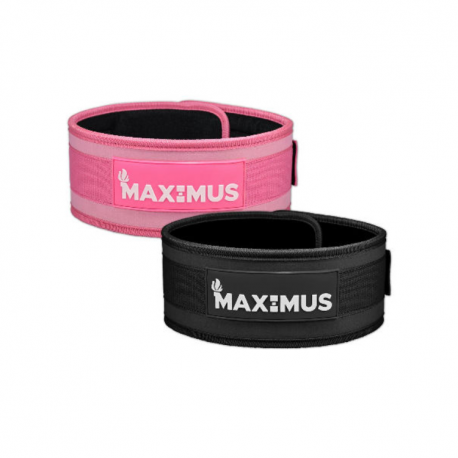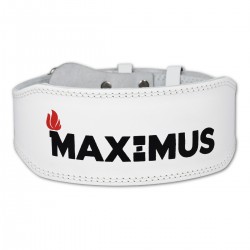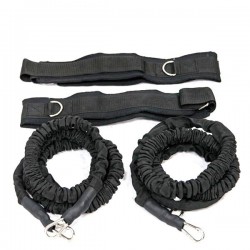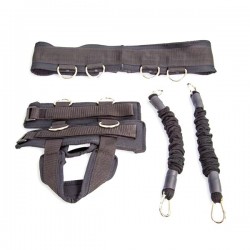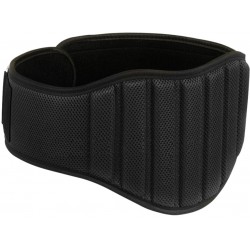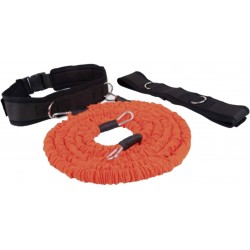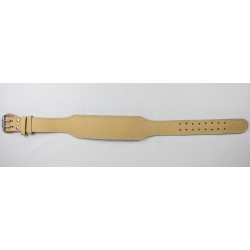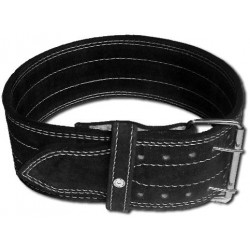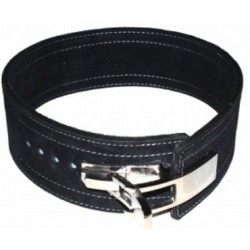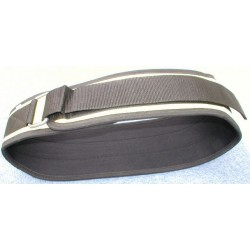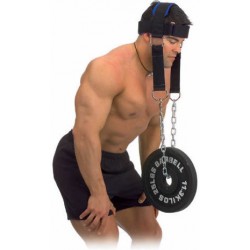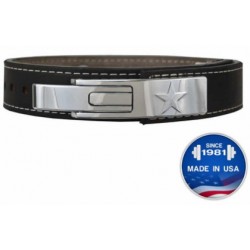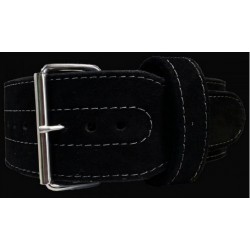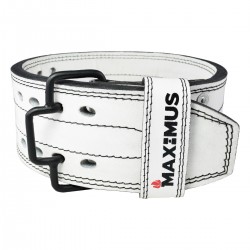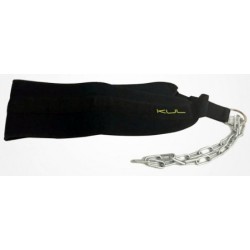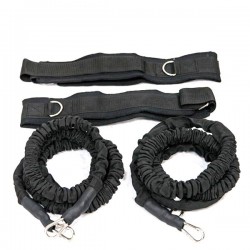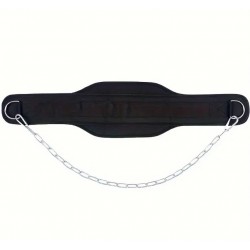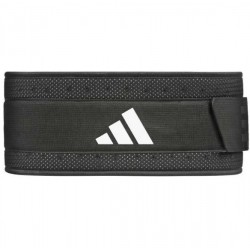NEOPRENE GYMNASIUM BELT
- Write a review
New product
26,00 € tax incl.
GIMNASIO NEOPREN New belt manufactured neoprene. The belt is an easy and effective way to protect your back Lumbar. Improves performance in sports gym with weights like: fitness/musculation, weightlifting, powerlifting, crossfit. Colours:
- Rosa.
- Black.
HB
GIMNASIO NEOPREN
This practical Lumbar belt Neoprene has the Velcro closure for a perfect and fast fit.
Lumbar belt manufactured neoprene. A simple and effective way to protect an area as important as the back Lumbar.
Allows performance improvement in your sports gym/fitness and any sport of strength. You can use this belt in powerlifting, weightlifting, crossfit...
A belt Crossfit and musculation. An undervalued accessory in the world of force. Some force athletes decide to use belt while others don't. Below you can read benefits and useful tips.
THE CINTURN CAN AUTHORIZE YOUR SENDING:
Since it provides help to the muscles that support the spine. A Lumbar belt gym It will keep your back stable and with it you will gain more strength.
For example, there have been assumptions of well-trained athletes doing sitting up to 90% of its maximum and gaining 8% improvement in performance.
MAYOR FIRMEZA:
The erector muscle of the column ensures the transfer of force from thighs to the trunk. Your strength is fundamental to complete the series. The gym belt manufactured neoprene adjusts well to the body, increases intraabdominal pressure between 25% and 40%. This maintains the stiffness of the spine.
Besides that, the Lumbar belt also reduces the risk of side movements of your spine, thus avoiding serious injuries.
PROTECTION FOR SPANISH:
There are studies that show that after intense and heavy strength training with multi-articular exercises the spina dorsal decreased:
No belt: 0.36 centimeters.
With belt: 0.28 centimeters.
TU NORTHERN CINTURN:
- Remember that belt pressure has to be proportional to the load. More load, more pressure and the opposite.
- During breaks between series it is advisable to release it to breathe better.
- Don't use the belt during warming. It is nothing useful and will prevent the muscles from the back from getting the right stimulus.
- For any exercise that does not put your spine at risk is not necessary Lumbar belt.
SOURCES:
-The Strenght Training Anatomy Workout II (Fréderic Delavier and Michael Gundill, 2010).
-British Journal of Sports Medicine (Bourne " Reilly, 1991).
-Journal of Strenght and Conditioning Research (Zink and collaborators, 2001).
GIMNASIO NEOPRENE, SIZE GUIDE:
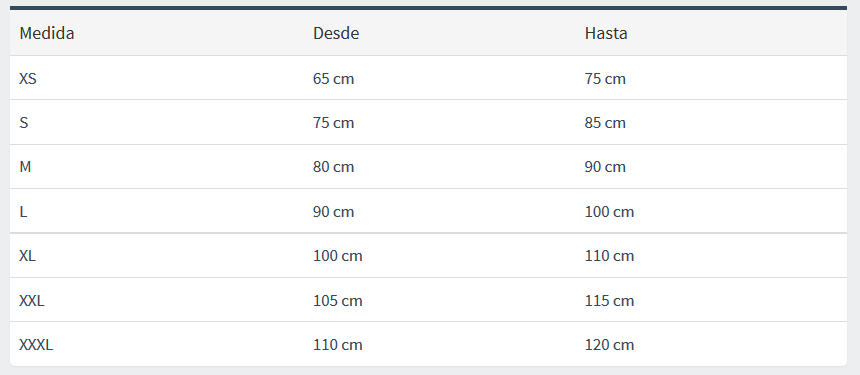
RELATED PRODUCTS



